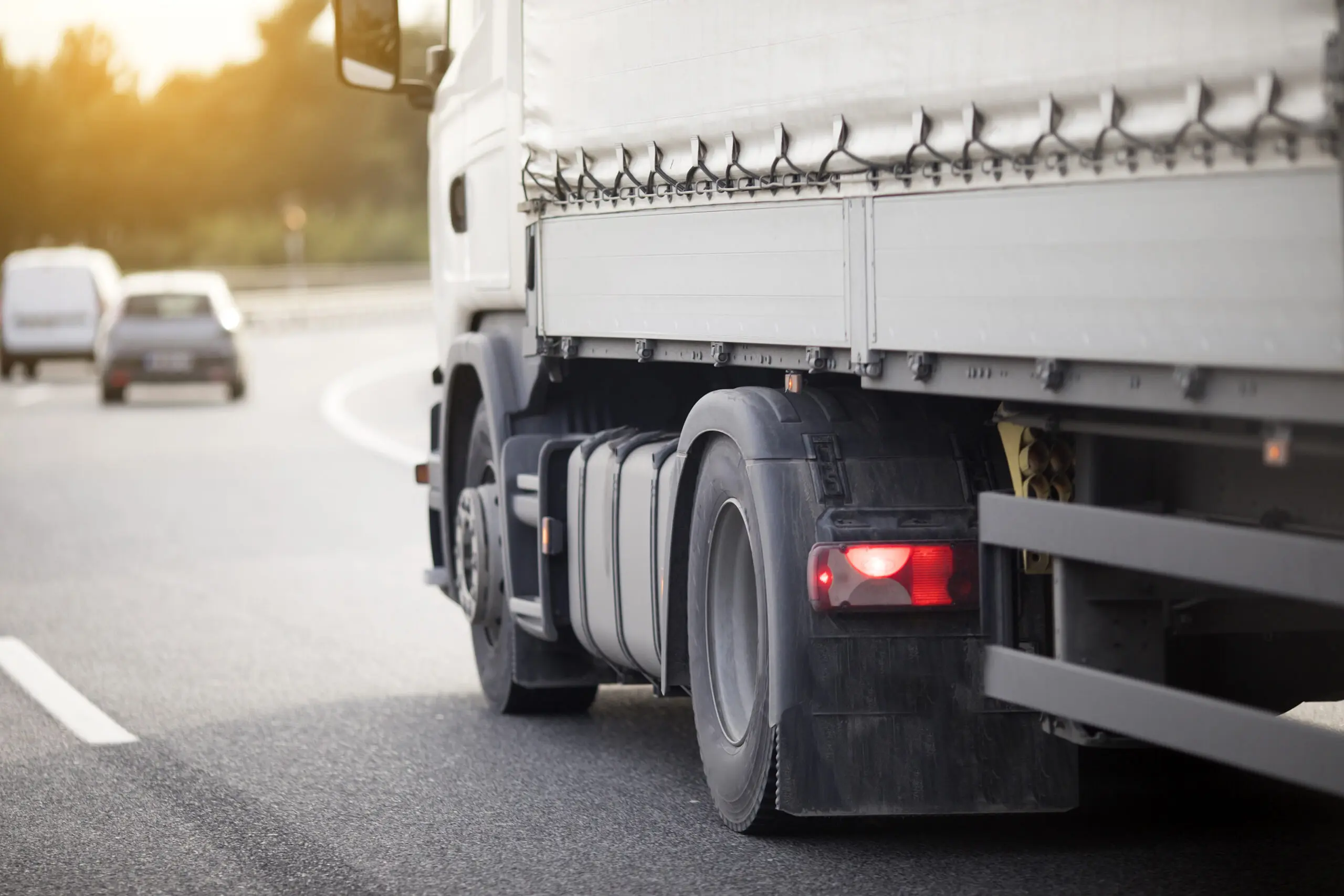


Every year, thousands of truck accidents occur on our roads, leading to devastating consequences for all those involved. These accidents often result in serious injuries, fatalities, and significant property damage. Understanding the causes and consequences of truck accidents is crucial for improving road safety and preventing these tragic incidents. In this blog, we will delve into the world of truck accidents, examining their causes, consequences, and potential preventive measures.
Driver Fatigue: One of the leading causes of truck accidents is driver fatigue. Long hours on the road can lead to drowsiness and impaired reaction times, increasing the likelihood of accidents. Regulations are in place to limit the number of hours a truck driver can work in a single shift, but adherence to these rules is not always guaranteed.
Speeding: Excessive speed is another common factor in truck accidents. Truck drivers who exceed the speed limit or drive too fast for road and weather conditions may struggle to maintain control of their vehicles and react in time to unexpected obstacles.
Distracted Driving: Like any other driver, truck drivers can become distracted by their smartphones, navigation systems, or other distractions inside the cabin. Taking their attention off the road even for a few seconds can have catastrophic consequences.
Inadequate Training: Some truck accidents occur due to insufficient training of the driver. Operating a large commercial vehicle requires specialized skills and knowledge, and inexperienced drivers may struggle to handle complex situations.
Poor Vehicle Maintenance: Neglecting truck maintenance can lead to equipment failure on the road. Brake failures, tire blowouts, and other mechanical issues can result in catastrophic accidents.
Weather Conditions: Adverse weather conditions, such as heavy rain, snow, or fog, can make driving a truck even more challenging. Reduced visibility and slippery roads can contribute to accidents.
Injuries and Fatalities: Truck accidents often result in severe injuries and fatalities. The size and weight of commercial trucks make them particularly dangerous when involved in collisions with smaller vehicles.
Property Damage: Truck accidents can cause extensive damage to vehicles, infrastructure, and cargo. The financial impact of such accidents can be substantial.
Environmental Impact: Spills of hazardous materials from trucks can have serious environmental consequences. Chemical spills can contaminate soil and water, posing risks to ecosystems and public health.
Traffic Disruption: Truck accidents can block roadways for hours or even days, causing traffic congestion and disruptions to commuters and businesses.
To reduce the occurrence of truck accidents and their devastating consequences, several preventive measures can be taken:
Stricter Regulations: Enforce and enhance regulations related to truck driver working hours, rest breaks, and mandatory training. Regular inspections of trucks for safety compliance are essential.
Advanced Safety Technology: Implement advanced safety technologies in trucks, such as collision avoidance systems, lane departure warnings, and fatigue detection systems.
Driver Education: Promote education and awareness among both truck drivers and the general public about the dangers of truck accidents and safe driving practices.
Weather Awareness: Encourage truck drivers to exercise caution and adapt their driving to adverse weather conditions. Employers should provide guidance on when it's safe to travel in inclement weather.
Maintenance Standards: Strictly enforce maintenance standards for commercial trucks to prevent mechanical failures that can lead to accidents.
Truck accidents are a significant concern on our roads, resulting in tragic consequences for individuals and communities. Understanding the causes and consequences of these accidents is essential for implementing preventive measures that can help reduce their frequency. By prioritizing safety, enforcing regulations, and promoting responsible driving practices, we can work towards a safer road environment for everyone.